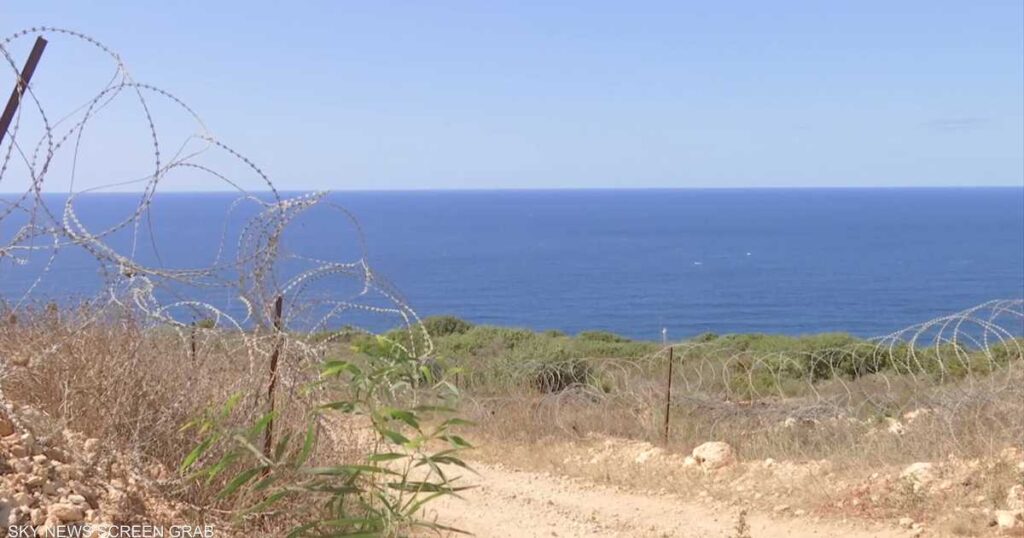Israel had earlier on Thursday rejected Lebanon’s amendments to a boundary demarcation proposal that had been mediated by the US, casting doubt on years of diplomatic efforts to allow the two countries to harvest gas in or around a controversial Mediterranean region.
An Israeli official who revealed Prime Minister Yair Lapid’s decision to reject the requests for reviews said any future talks would terminate if the Lebanese Hezbollah organisation damaged the gas production platform in the Karish field.
With the arrival of a production and storage vessel close to the Karish field, which Beirut believes is situated in a disputed area, in preparation for the beginning of gas extraction from it, developments regarding the file of demarcating the maritime borders between the two countries have resumed after a halt.
The action caused Beirut to demand that negotiations resume under US supervision.
The boundaries of the maritime region, which is estimated to be 860 square kilometres, are known as Line 23, according to a chart that Lebanon gave to the United Nations in 2011.
Lebanon asked to search an extra 1,430 square kilometres, which included a portion of the Karish field known as Line 29, after later concluding that the map was based on inaccurate estimations.
The Qana field is situated in a region where Line 23 connects with Line 1, the line Israel deposed to the UN, and goes beyond Line 23.
Due to disagreements about the location of the disputed region, the negotiations between Lebanon and Israel that were started in 2020 with American mediation were called off in May of that year.
According to a US official, the border negotiations between Israel and Lebanon are at a turning point.

